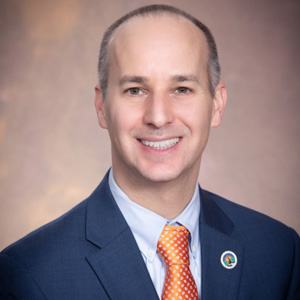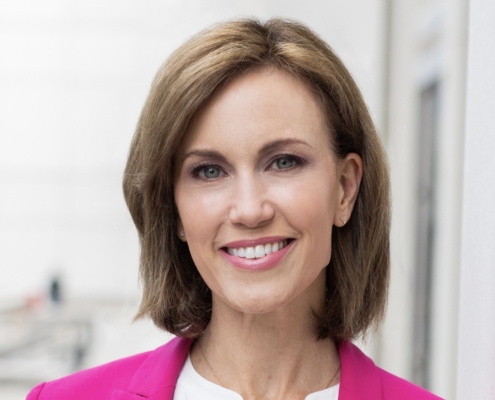Problem
Climate change is an existential threat not only for future generations but for everyone around the world. Here in Washington state, we’re already feeling the effects of the climate crisis. The last few summers have been the hottest we’ve ever felt, wildfire season is getting longer and longer, and we’ve seen major declines in our iconic orca and salmon populations in the Salish Sea. While the state has made a lot of progress in reducing our emissions, transportation is our largest source of carbon pollution. Transitioning from expensive fossil-based fuels to lower-cost green electricity will reduce our emissions, improve our competitiveness, and save consumers money in the long term.
Solution
Meeting our climate commitments and saving our planet will require bold action to reduce transportation emissions. The private sector is already deploying vehicles to help us do this. Several major automakers have announced plans to phase out gas-powered vehicles in the next 15 years. Every year, more zero-emission models at all price points are being introduced. What we need is the charging infrastructure and political will to accelerate this transition. Setting a goal that 100% of new cars sold will be clean cars by 2030 will align the incentives to build charging networks and reduce emissions faster. It also sends a powerful market signal to automakers and provides an incentive to those that are early adopters.
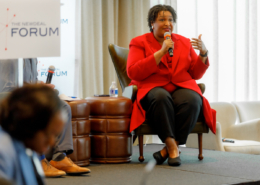
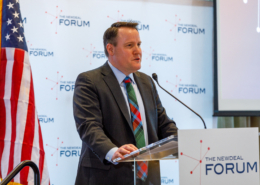
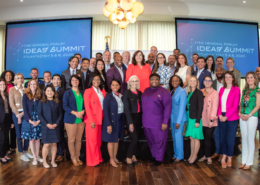 https://newdealleaders.org/wp-content/uploads/2025/05/Leaders.jpg
1440
2560
Rachel Walsh
http://newdealleaders.org/wp-content/uploads/2019/11/logo-tnd.png
Rachel Walsh2025-05-07 21:02:352025-05-09 21:04:35Annual NewDEAL Forum Ideas Summit in Atlanta
https://newdealleaders.org/wp-content/uploads/2025/05/Leaders.jpg
1440
2560
Rachel Walsh
http://newdealleaders.org/wp-content/uploads/2019/11/logo-tnd.png
Rachel Walsh2025-05-07 21:02:352025-05-09 21:04:35Annual NewDEAL Forum Ideas Summit in Atlanta


